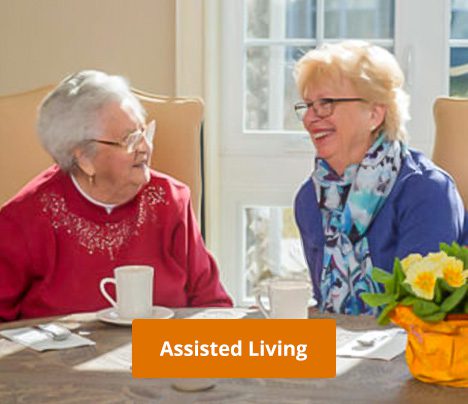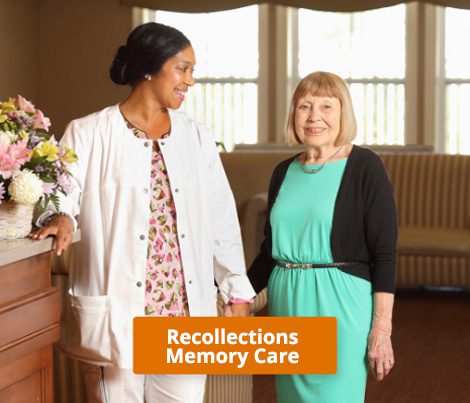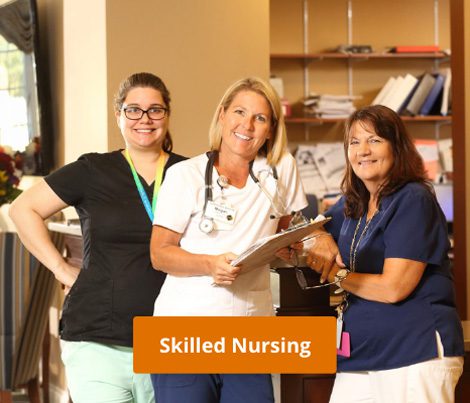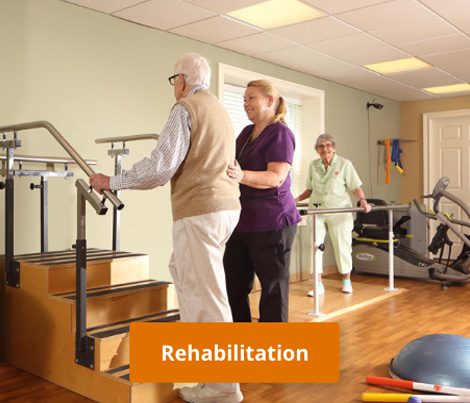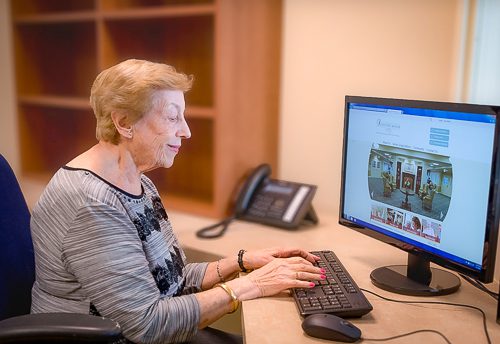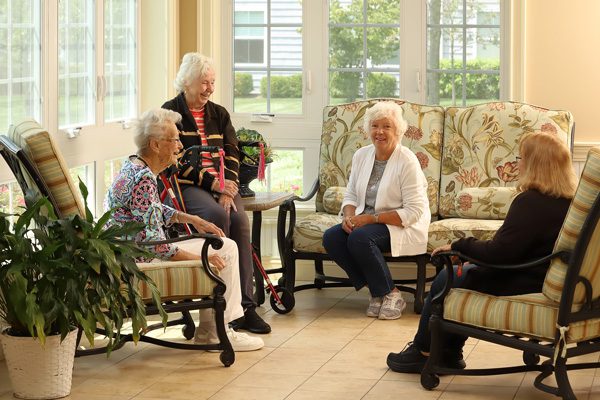Sunnyside Manor’s Senior Living Health Tips: Parkinson’s Disease Awareness and Treatment FAQs

Parkinson’s Disease (PD) affects up to 1.5 million people in the United States. Most of those affected are over the age of 65, so it is important for families and caregivers of seniors to be aware of the signs and symptoms.
While there is no cure for Parkinson’s Disease, there are many treatments to help manage symptoms. These include drug therapies, physical and occupational therapy, and speech therapy.

Parkinson’s Disease Frequently Asked Questions
- What is Parkinson’s Disease?
Parkinson’s Disease is a chronic, progressive movement disorder. When a person has Parkinson’s Disease, their brain is unable to produce and use dopamine effectively. Dopamine is a chemical that sends messages to the parts of the brain responsible for coordination and movement. - Who does Parkinson’s Disease affect?
According to the National Institutes of Health, Parkinson’s Disease most often affects people over 60. Men are about 50% more likely to develop PD than women. - What are the symptoms of Parkinson’s disease in seniors?
The symptoms of Parkinson’s Disease can vary from person to person. Early symptoms of Parkinson’s Disease include softer speech, changes in handwriting, flat expression, occasional forgetfulness and anxiety, and muscle stiffness.Some of the most common symptoms of Parkinson’s Disease are:
- Tremors in the hands, arms, legs, and jaw
- Stiffness or rigidity of the arms, legs, and torso
- Slow movement.
Other symptoms might include pain, cognitive changes, sleep disturbances, depression, and urinary or bowel problems. Many of these symptoms can be indicators of other issues, such as a reaction to a prescription medication. If your loved one is experiencing any of these symptoms, please contact your physician.
- What are the treatments for Parkinson’s Disease?
Treatments for Parkinson’s Disease may include drug therapies to aid the production of dopamine, surgeries, and occasionally, use of a Deep Brain Stimulator.Therapies such as physical therapy, occupational therapy, and speech therapy help manage the symptoms of PD. These therapies help seniors learn to compensate for changes in movement and muscle tone, and remain independent for as long as possible.Speech therapy in particular can have a far-reaching impact on seniors with Parkinson’s Disease. Good communication empowers seniors with Parkinson’s Disease to stay engaged with their families and friends and to convey symptoms. LSVT LOUD therapy has been especially beneficial for enhancing speech of seniors with Parkinson’s Disease.Learn more about LSVT LOUD therapy for Parkinson’s Disease.
Saturday, May 20, 2017, 10:30 a.m. – 12:30 p.m.
Nicole Russo, PT, DPT, from SOAR Physical Therapy will discuss the LSVT Big & Loud Parkinson’s Program. Enjoy light refreshments as you learn more about this treatment, which focuses on intensive exercise and patient empowerment. Tours will follow.Please RSVP to Sunnyside Manor at 888-862-2964.
The all new Sunnyside Manor, located in Wall NJ, is the area’s premier senior living community. It features three distinctive neighborhoods: Independence ‘Plus’ Assisted Living, Memory Care and Skilled Nursing.

